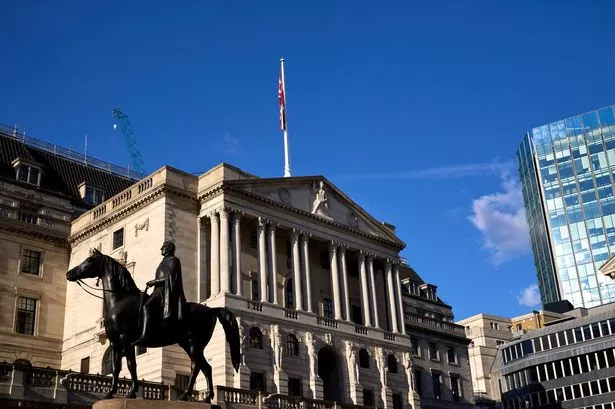
Harry Potter star Rupert Grint's fortune soared to over £30m in the year prior to being slapped with a substantial tax bill, new reports reveal.
The actor's wealth rose from £27.7m to £30.6m, as per recent accounts submitted to Companies House for the 12 months ending 31 March, 2024, as reported by City AM.
This total comprises £12.2m in investments, £4.5m in cash and £15.1m owed to him, after deducting what he owes to creditors and other expenses.
These figures emerged following City AM's report in November 2024 that Grint's appeal against a £1.8m tax bill imposed by HMRC was dismissed, with a Tribunal upholding a Beatles clause against his tax affairs.
HMRC had attempted to levy over £1.8m of tax on Grint for the tax year 2011/12 under "the sales of occupation income provisions" contained in the Income Tax Act 2007.
Grint, who began filming the first Harry Potter film at age 13 as Ron Weasley, received payment for the films along with additional payments linked to his name.
These payments exceeded £8.5m, consisting of over £4m as income from contracts and £4.5m for rights and goodwill.
On 1 August 2011, Clay 10 Limited was incorporated, with Grint as the sole shareholder and his late father as the company's sole director.
The rights, along with what was described as business information, records relating to acting and goodwill attached to his name were transferred to Clay 10 on 13 October 2011.
In the 2011/12 tax year, the actor reported over £4m as income and £4.5m as a capital gain to HMRC, taking advantage of entrepreneurs' relief and paying capital gains tax at a rate of 10 per cent.
However, in January 2014, HMRC launched an investigation into his 2011/2012 tax return, culminating in a closure notice issued in 2019.
The computation of income tax due in the closure notice accounted for nearly £450,000 of capital gains tax paid by the actor.
The so-called 'Beatles clause' is a targeted anti-avoidance rule designed to prevent entertainers from converting highly taxed income into lower-tax capital receipts.
Recent
See All2025-05-15
Bank of England reports dip in UK mortgage approvals and consumer credit in February
2025-05-15
Peloton suffers new UK losses with company continuing to slash jobs
2025-05-15
Multi-million-pound revenue boost for medtech firm TrakCel following US contract wins
2025-05-15
Luton Airport expansion gets go-ahead from government despite planners' advice
2025-05-15
Taskmaster makers' huge payday as profits soar at production company
2025-05-15
Viral Yorkshire cleaning brand The Pink Stuff to be snapped up by $7bn global group
2025-05-15
Banks Group strikes naming rights sponsorship deal with Durham Cricket
2025-05-15
Warning to low-paid workers as wage growth falls to lowest level in years
2025-05-15
FTSE 100 pharma giants GSK and Astrazeneca may have dodged Trump tariffs
2025-05-15
Bristol printing company becomes employee owned
Newsletter
Get life tips delivered directly to your inbox!










